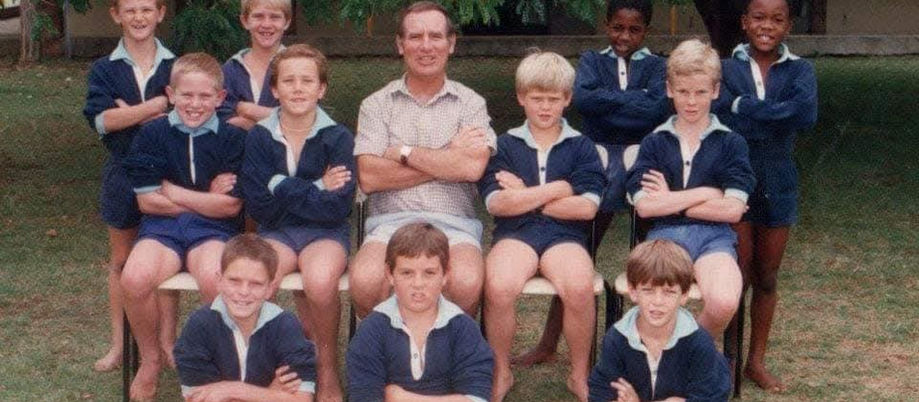top of page

Sporting News


We’ve always really outdone ourselves at the World Cup
Alex Nicholls is one of four legendary Zimbabwean rugby players (alongside Craig Brown, Andy Ferreira and the late Richard Tsimba) to feature in both previous World Cup tournaments for the Sables in 1987 and 1991. The former prop and later national team coach has expressed his elation following Zimbabwe’s historic qualification for the 2027 World Cup in Australia, 34 years after their class of 1991 last took the nation to the sport’s biggest showpiece. Below is a verbatim t
2 days ago8 min read


Curtain-raised for Wales, supported England as a kid, now plotting their World Cup downfall
BY ENOCK MUCHINJO A young Piet Benade (sitting on the ground, extreme right) with the Bryden Country School Colts team in 1992. HARARE – Early 90s ushered in a glorious era for sport in Zimbabwe, a period full of hope and promise. In 1992, the Southern African nation was celebrating being granted Test status by the International Cricket Council (ICC), after much waiting, following years of being turned down. The same year, the national football team had given South Africa
6 days ago4 min read


‘We can surprise people’: Hall of Famer Tsimba reacts to Zim’s World Cup draw
BY ENOCK MUCHINJO Zimbabwe edged continental rivals Namibia 30-28 in the Rugby Africa Cup final in Uganda in July to qualify for the 2027 World Cup in Australia. HARARE – Former Zimbabwe rugby captain Kennedy Tsimba says the Sables’ resurgence over the past few years has given them a fighting chance of challenging their more fancied opponents at the World Cup in 2027. Returnees Zimbabwe were placed in a tough Group F alongside England, Wales and Tonga in a draw held in host c
Dec 42 min read


Being the president of Rugby Africa, I’ve asked for a mindset change
BY HERBERT MENSAH ACCRA, Ghana – As 2025 comes to an end, and following the successful hosting of major rugby tournaments across the continent, Rugby Africa president Herbert Mensah has reflected on what has been a fruitful year for the game under his stewardship. Below is the text version of a recorded speech delivered by Mensah: My mantra, since I became president, before I became president, is that sport is big business. For those who have worked with me over the las
Dec 24 min read


2 days ago8 min read
bottom of page
































